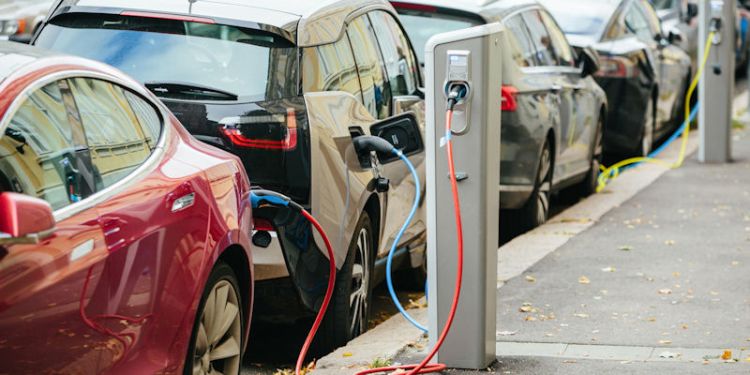Energy and climate change

Transport consumes a fifth of global energy and is overwhelmingly dependent on petroleum. In the UK, it is the only major sector of the economy with greenhouse gas emissions that are higher now than they were in the benchmark year of 1990. The provision of sustainable, low carbon and secure sources of energy to fuel the transport system is a formidable challenge and an exciting opportunity at the same time.
Our expertise and current research areas include
- Using spatial data analysis to benchmark local areas’ carbon footprint and assess progress in, pathways to and propensity for transport and carbon reduction
- Triangulating multiple data sources to identify where and why transport energy demands are highest in terms of activities which generate the highest demands (e.g. leisure) or places and households with above average consumption
- Working with energy-system models to develop and assess the carbon mitigation potential of various combinations of policy and socio-technical developments
- Fuel-demand modelling to assess residential energy demand together with that of household mobility to improve the research and practice in transport system operations with direct energy impacts
- Evaluating the impacts on energy demand of three revolutions in transport system (automation, sharing and electrification)
- Assessing how to accelerate the take-up of carbon and energy reduction policies using social-surveys, qualitative investigations, agent-based modelling and secondary data analysis
- Integrating the need for carbon mitigation and energy policy change with the wider social objectives from the transport system
- Designing policy packages and pathways which recognise the value of a place-based approach to decarbonisation
- Understanding and resolving the governance challenges to managing the rapid transition through linking local, regional and national actors in the public and private sector
- Engaging with citizens and businesses to understand and influence societal readiness for rapid decarbonisation
- Collaborations with the Sustainable Consumption Institute, Faculty of Engineering, Business School, Sociology and Psychology reflect our holistic approach to address transport’s energy and carbon challenges.
Examples of projects linked to our research areas
Current
- CREDS: Centre for Reduction in Energy Demand Solutions
- UKERC: The UK Energy Research Centre
- DecarboN8: Place-based decarbonisation strategies (Networks+)
- EnergyRev: The UK Energy Research Revolutions Consortium
- Electricity SATNAV: Electricity Smart Availability Topology of Network for Abundant electric Vehicles
- STEP: The Subsurface Pathway for Electric Vehicles
- Calculating capability to reduce car use using spatial data
Completed
- DEMAND: The Dynamics of Energy, Mobility and Demand
- DISRUPTION: New approaches to low carbon energy demand reduction policies
- MOT: Motoring and vehicle Ownership Trends in the UK
- EcoDRIVER
- Microsimulation of energy and emissions impacts of self-driving vehicles, Arup Global Challenges
- Moderated Policy Modeling Residential and Transport Energy for Downstream Policies, Marie Curie Actions
Mobility and Energy Futures Series
Drawing on the expertise and opinions of the University of Leeds academics from different disciplines, this series will highlight the drivers, gaps and opportunities in reducing the energy consumption and carbon emissions from the transport sector in future. This information is available as pdf downloads. View the series.
Further information
View all members of our research group and publications.
Contact us
If you would like to discuss an area of research in more detail please contact: Professor Jillian Anable, Professor Greg Marsden or Dr Zia Wadud.

